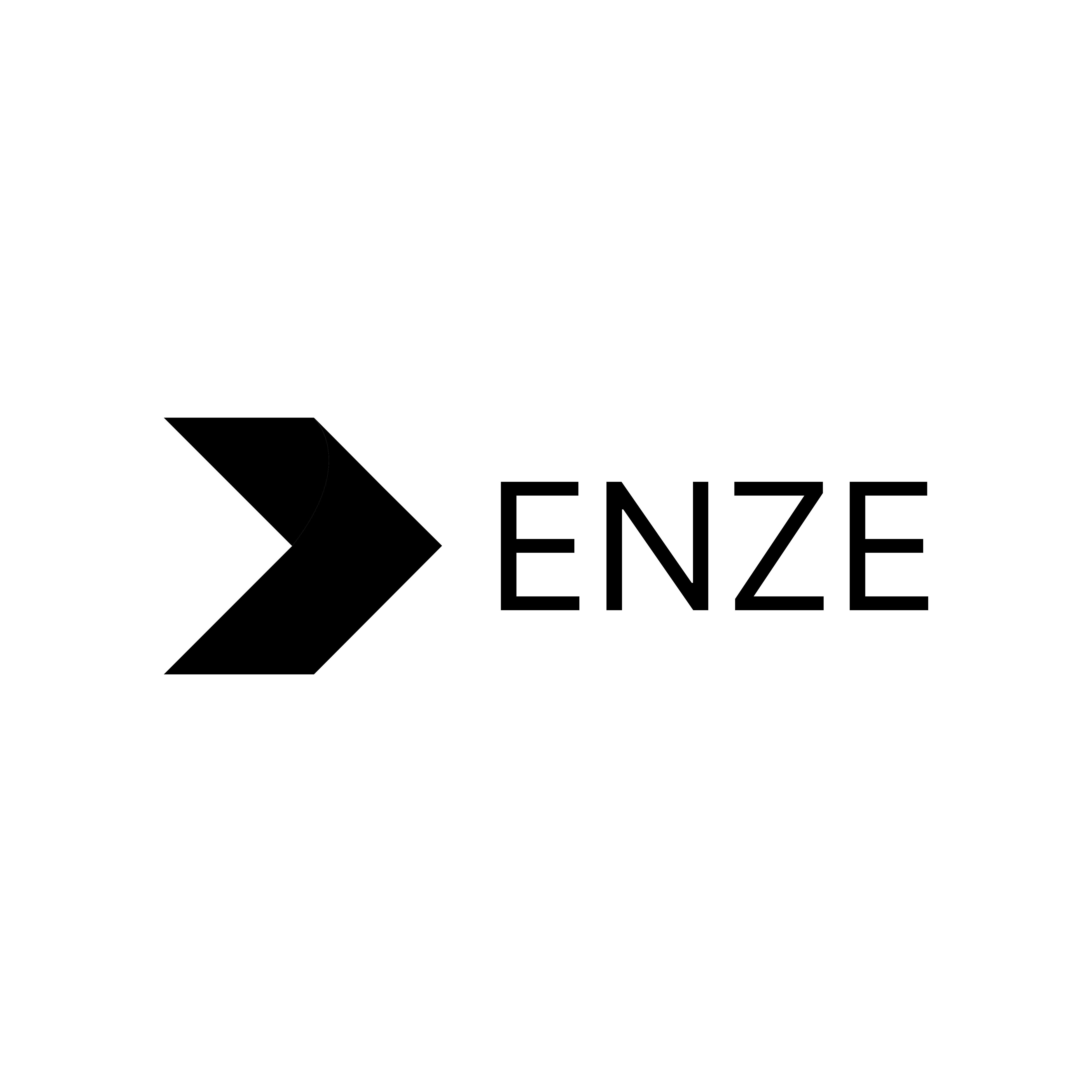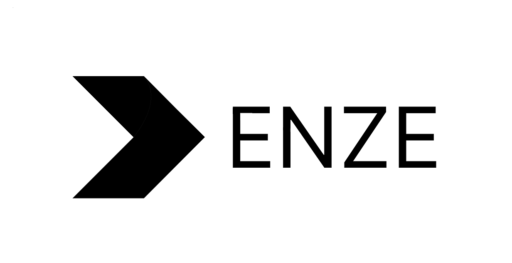Our Location
Enze is your trusted source for high-quality custom CNC turning services from China. We provide efficient CNC turning services with fast lead times and competitive prices from rapid prototyping to production runs. Ensure you get high-quality CNC-turned parts with the features you need. At Enze, we pride ourselves on delivering superior CNC turning service results, whether you need a single prototype or mass production runs. We are committed to providing customized solutions that match your requirements.
Our guidelines for CNC turning incorporate essential design considerations to optimize part manufacturing, improve cosmetic appearance, and reduce production time.
| IN. | MM. | ||
| Max Size | Diameter | 3.95 in. | 100.33mm |
| Length | 9 in. | 228.6mm | |
| Min Size | Diameter | 0.16 in. | 4.07mm |
| Length | 0.05 in. | 1.27mm | |
| Wall Thickness | 0.020 in. | 0.51mm | |
| Angle | 30° | 30° | |
| Tolerances | +/- 0.005 in. | +/- 0.13mm | |
1. The diameter should be at least 0.030 inches (0.76mm) for any area, but small features can be added.
2. Sharp, pointed cones are permitted., but the angle should be greater than 30 degrees. Walls less than 0.020 inches (0.5mm) might not survive machining.
3. China Metal Parts can achieve a machining tolerance of plus or minus 0.005 inches (0.13mm).
At Enze, we offer a wide range of CNC turning services to meet the needs of various industries. Our team will provide you with a perfect turning plan; we will try our best to make the production quick. Once your order is processed, we’ll promptly deliver the products to your warehouse.
Time is crucial. We offer short turnaround times for our CNC turning services to meet our clients’ requirements. Our workers are dedicated to working efficiently and effectively to ensure the best possible outcome and that your parts are delivered punctually.
We provide rapid prototyping services for various materials, with access to several types of molds.
Cost is always essential for our clients. Our team works diligently to find the most efficient and cost-effective solutions for projects to offer competitive pricing for our custom CNC turning services.
We aim to build strong relationships with our customers. We understand customer’s unique requirements and specifications. Our team can always answer your inquiries, provide instant updates, and offer professional advice throughout manufacturing.
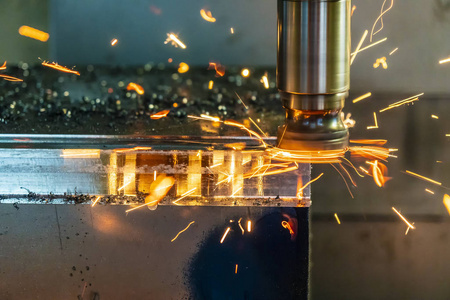
| Aluminum 1024/6060/6061 /6063/6082/7075/5052/A380 | Steel Mild Steel, Alloy Steel, etc. | Plastic HDPE/ PET / PVC /PETG / ABS / PC / PE / PTFE / POM / PMMA / Nylon / PP, etc. |
| Cooper T1、T2、T3、TU1、TU2、 H59、H62、H65、H68、HPb59-1 etc. | Stainless Steel 201、202、301、304、309s、310s、410、420、431etc. | Titanium TA0 / TA1 / TA2 / TC4 / TB5, etc. |
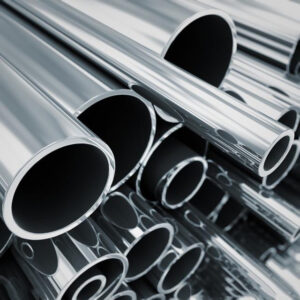
Enze aims to improve the surface qualities of your products in a wide range of surface finishes, including appearance, surface hardness and roughness, and chemical and corrosion resistance. They also help hide any visible tool marks from areas cut with live tooling. Here are some of your top choices.
Machining finishing is a good option for those on a tighter budget, but it can leave tool marks on the surface of CNC-machined parts, making it unsuitable for high-value projects.
Anodized finishing enhances the corrosion, wear, and hardness resistance while protecting the metal surface.
Bead blasting removes cutter marks and scratches, giving a textured appearance.
The process produces a surface with significant specular reflection.
Add a protective polymer coating to the part for wear and corrosion resistance. Various colors are available for aesthetic effect.
It improves the capacity to battle corrosion, offers wear resistance, and offers high lubricity. This surface finishing is the best option for steel, copper, and other alloys that form well-bonded bonds with oxygen molecules.
Electroplating protects workpieces and inner components from contaminants and corrosive impacts.
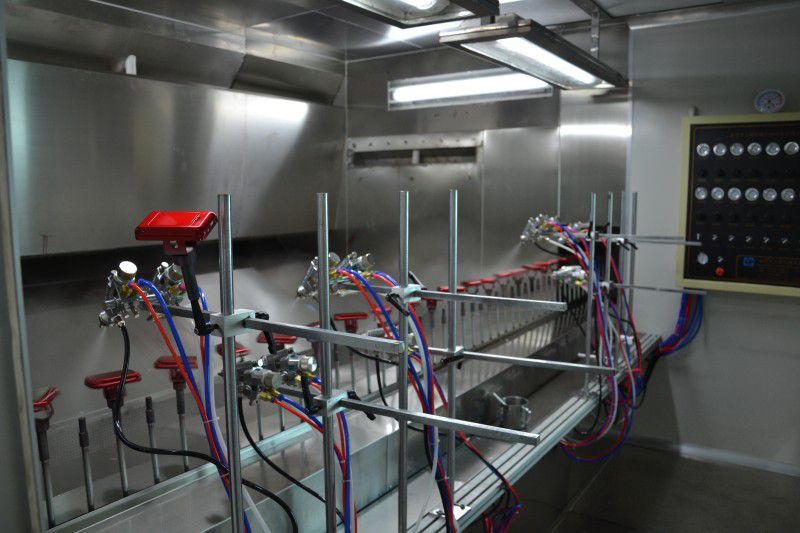
CNC Turning Tolerance: For Metal, ± 0.005″ and Plastic ±0.05″
Size limitations for the metric parameter:
The max swing diameter is 0.3 to 3600 mm ( 0.011 to 141.732 inches).
The max cutting length is 0.5 to 1500 mm ( 0.019 to 59.055 inches).
Since CNC turning has numerical control machining size restrictions, it is necessary to select a suitable lathe machining according to the characteristics of the material, the lathe, and the machining method.
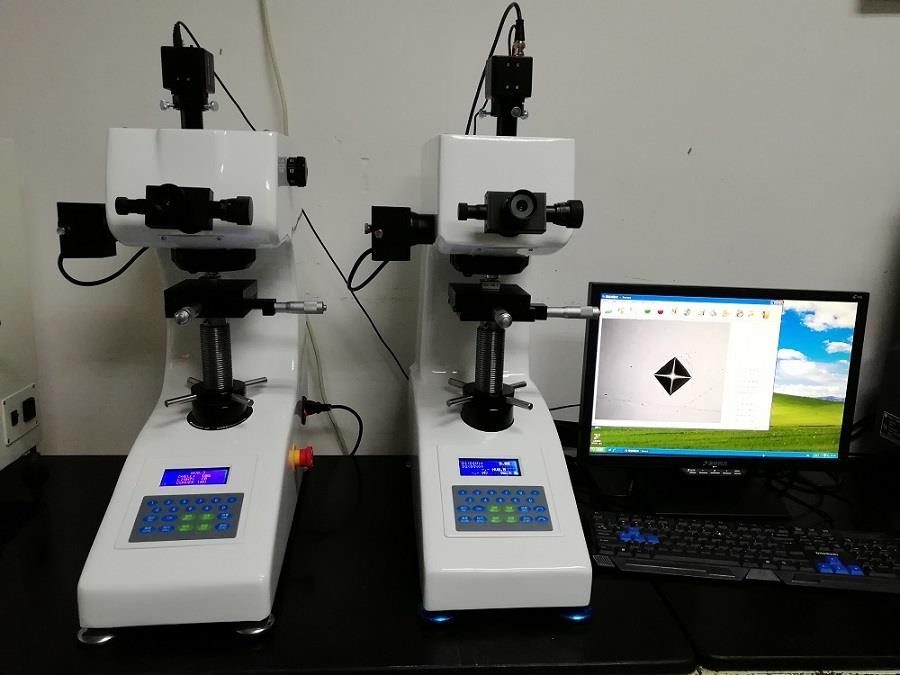
Computer Numerical Control Turning(CNC turning) is a subtractive manufacturing process method that controls machine tools to cut metal, plastic, and other materials through program control. Our CNC lathes have live tooling that machine flat features and holes into the workpiece. Threading for the outside diameter (OD) and inside diameter (ID) is also an option. After turning, the parts can be left with visible tool marks or polished through bead blasting. After finishing, the parts go through an inspection process, get packed, and then are promptly delivered.
CNC turning involves several steps:
Design: Create a CAD (computer-aided design)
Model Programming: Converte CAD model into a CNC program
Setup: The workpiece is securely clamped onto the machine’s chuck, and the cutting tool is inserted into the holder.
Operation: The cutting tool removes material from the workpiece as it rotates and moves along the x and z axes, shaping it to the desired form according to specifications.
Finishing: Once the turning operation is complete, the part may be polished or coated to enhance its appearance or functionality.
What are the advantages of CNC Turning? Why do we take the CNC turning process as one of the critical CNC machining processes?
Assisted by CNC machines, manual operations in the turning process can be eliminated. It offers a fast and precise tool to machine the parts accurately through CNC turning, removing excess material to get the desired shape.
The CNC turning process offers many benefits; let’s discuss the specific advantages:
CNC turning can produce parts with tight tolerances and good surface finishes, making them ideal for high-precision applications, thereby improving machining accuracy and stability.
CNC turning is a highly efficient process that can produce parts quickly and accurately, reducing lead times and increasing productivity.
CNC turning can adapt to different processing needs by changing molds, adjusting process parameters, etc., and has strong flexibility.
CNC turning is widely used to produce parts, from simple shafts to complex components with multiple features.
CNC turning can achieve mass production by writing standardized processing programs, and the product quality is relatively stable and repeatable.
CNC turning can reduce labor input and the resulting errors and variables, reducing labor costs and scrap rates.
CNC turning operations are usually automated, which can effectively protect the health and safety of workers.
Enze follows strict quality control measures to ensure that all parts produced meet your requirements. We use advanced measuring and inspection equipment to verify the accuracy and consistency of each component. Our engineers and technicians are willing to provide our clients with solutions that meet various specifications.
The difference between CNC turning and milling is that CNC milling uses a rotating tool, while CNC turning uses a rotating part for cutting.
In our daily lives, the most common turning objects are auto parts, elevator components, new energy rods, and other round items.
Our CNC turning services include not only metal material but also plastic. We can produce small prototypes and mass-production parts from various engineering-grade plastics. Contact us to find multiple plastic materials, and send us your design file to get custom plastic parts.
